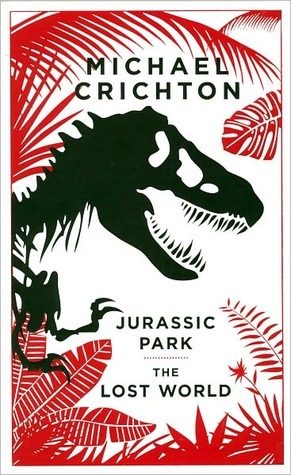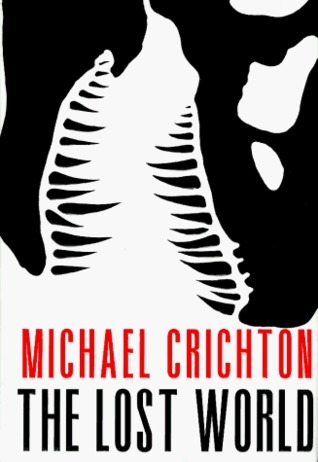
Jurassic Park / The Lost World
Book Description
Dinosaurs have returned, but the thrill quickly turns to terror as human hubris unleashes chaos on a breathtaking scale. In the high-stakes world of 'Jurassic Park / The Lost World,' groundbreaking science clashes with nature's ancient fury, leading to a gripping showdown between man and beast. Heroes and villains emerge against a backdrop of stunning prehistoric landscapes, where every turn holds danger and betrayal lurks in the shadows. Trust is a fragile illusion as survival becomes the ultimate test of courage. Will the quest for knowledge prevail, or will humanity face the consequences of its own ambition?
Quick Book Summary
"Jurassic Park" and its sequel "The Lost World" by Michael Crichton merge thrilling adventure with science fiction, exploring the dangerous consequences of cloning dinosaurs for profit and entertainment. The novels focus on the hubris of scientists and entrepreneurs who believe they can control nature, only to unleash chaos as revived dinosaurs break free from their confines. Amidst prehistoric landscapes and looming dangers, a group of scientists, children, and mercenaries must fight for survival. The books delve into themes of unpredictability, the ethics of genetic engineering, and the unintended effects of humanity's drive to push boundaries. Underneath the heart-stopping action lies a cautionary tale about respecting the power and unpredictability of nature.
Summary of Key Ideas
Table of Contents
The Hubris of Human Innovation
The story begins with the creation of Jurassic Park, a groundbreaking theme park on a remote island where scientists have used genetic engineering to clone dinosaurs. Wealthy entrepreneur John Hammond envisions a world where extinct creatures entertain and inspire, but his disregard for genuine scientific caution sets the stage for disaster. A group of visitors, including Dr. Alan Grant, Dr. Ellie Sattler, and chaotician Dr. Ian Malcolm, are invited to tour the park and assess its safety before it opens to the public.
Chaos Theory and Unpredictability
Chaos erupts when security systems fail, and the dinosaurs escape their enclosures. The unpredictability of complex systems—a core concept of chaos theory—is embodied by the park’s collapse. As the human characters struggle for survival, the story highlights the fallibility of human attempts to control life, especially when ambition outweighs caution. The unpredictable nature of both the cloned dinosaurs and the technology used to contain them ensures that control slips swiftly out of human hands.
Nature’s Power Versus Human Control
The gripping action and horror escalate as the survivors—children and adults alike—navigate treacherous terrain filled with predators. Dilemmas about loyalty, responsibility, and trust come to the forefront, especially as alliances shift and characters confront both external threats and personal fears. The dinosaur threats are amplified by the lush, evocative setting, which recasts ancient creatures not as spectacle, but as apex predators indifferent to humanity’s designs.
Ethics of Scientific Advancement
Underlying the adrenaline-driven plot are probing questions about scientific ethics. By reviving extinct creatures, the characters grapple with what they owe to their creations and to the world. The narrative critiques the pursuit of progress without foresight, cautioning that boundaries—ethical and natural—exist for a reason. The story warns that when ambition overrides responsibility, the consequences are catastrophic and uncontrollable.
Survival and Adaptation in Dangerous Environments
In "The Lost World," the cautionary themes deepen as a new team investigates another island where dinosaurs thrive without human management. Here, nature reasserts itself, showing humans are guests rather than masters. Struggles for survival and moral reckonings force characters to acknowledge that adaptation, not domination, determines survival. The novels ultimately suggest that humility, not hubris, is the key to coexistence with the natural world.
Download This Summary
Get a free PDF of this summary instantly — no email required.





